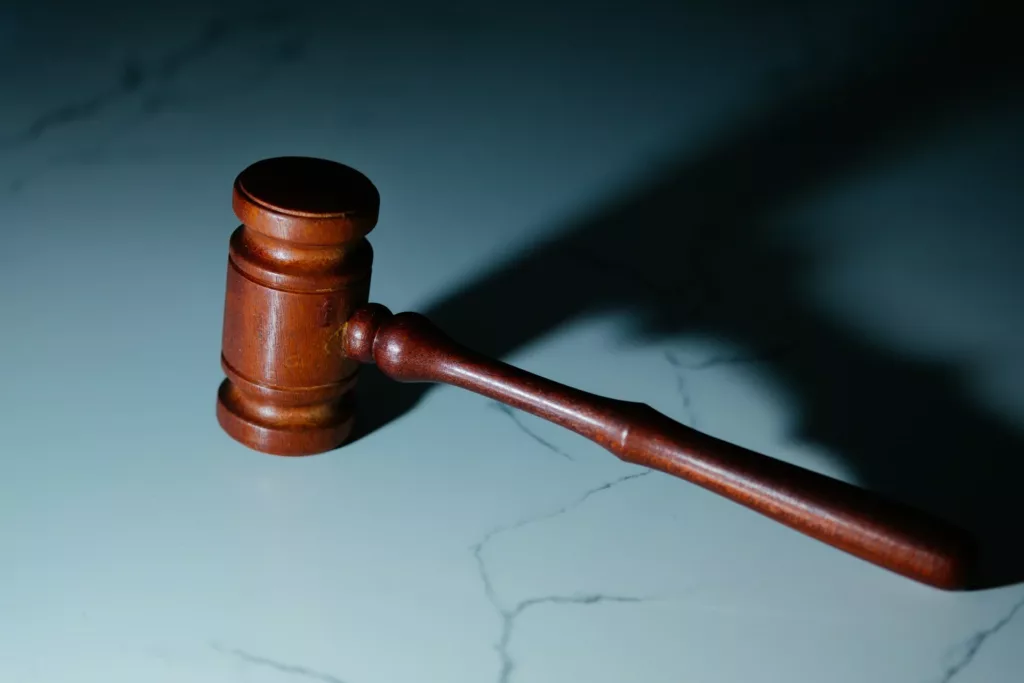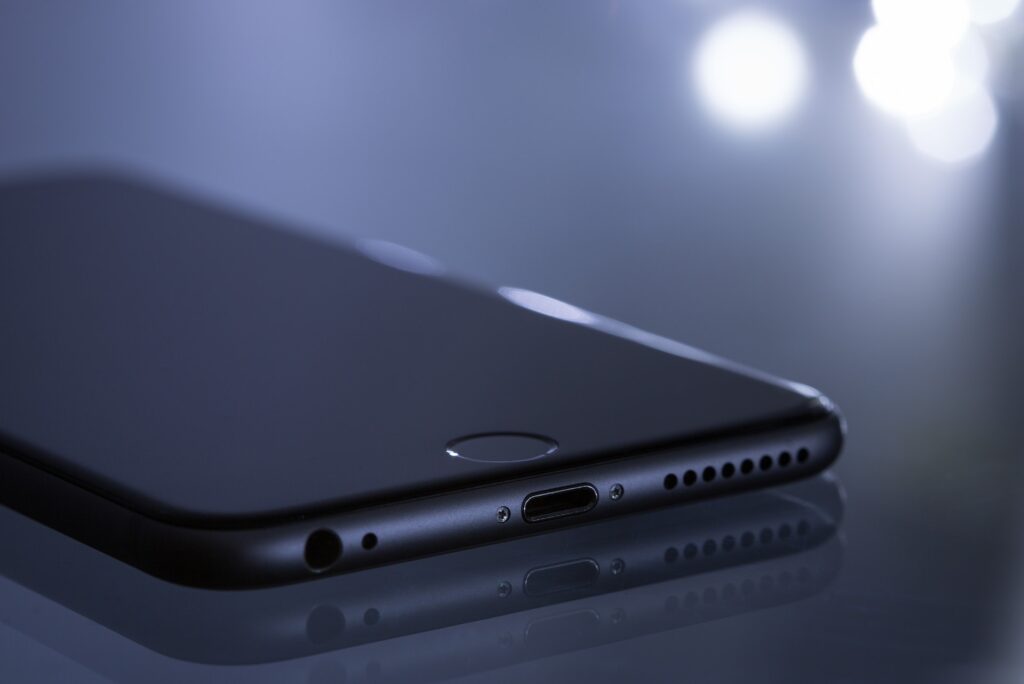Apple Wins $250-plus in Patent Suit Against Masimo—but Much More Is at Stake
In a federal patent case over smartwatch designs, Apple was awarded $250 in damages against Masimo, according to Bloomberg Law. The decision and other disputes over wearable health tech underscore the growing competition between technology companies and medical-device manufacturers. Interestingly, Apple’s attorney, John Desmarais, said that the case had nothing to do with dollar sign, but was all about protecting innovative designs for the company. As reports go, Desmarais told the jury “We’re not here for the money,” meaning instead a campaign against imitation of designs. Apple wins watch patent case.
Even to a tech giant like Apple, $250 may not seem much, but the judgment highlights the efforts made by Apple to protect its intellectual property and prevent what it calls copycat designs from entering the market. The lawsuit certainly depicts one stage in a long saga between the two companies.
The Verdict of the Jury: Half-Baked News
The jury awarded judgment to Apple in the courtroom, finding that Masimo’s original W1 Freedom smartwatch and health module and its original charging design did indeed infringe upon Apple’s design patents. In so ruling, the jury further found the infringement willful, which only further supports the assertions that Apple has made throughout the case. No injunction or other relief is provided as to Masimo’s current product line. After the ruling, Masimo released a statement saying that design findings only applied to “a discontinued module and charger,” adding that its continuous smartwatch products were uninfluenced by the ruling.
Apple has technically won, but it failed to get an injunction on Masimo’s products already in the markets. For Masimo, this is a victory because it propagates the idea that the company will provide health tech innovations without having to work with the hassle created by Apple.
The Background: A Deal Over Pulse-Oximetry Features
The case goes beyond mere design. It had started as an issue of design when Masimo got offended against Apple for supposedly infringing its patents on pulse oximetry-this feature measures the saturation levels of blood oxygen in the Apple Watch. People have become very keen to monitor their health using earlier versions of the Apple Watch.
Apple, in a strategic counteraction, filed this present lawsuit claiming that Masimo is duplicating the designs of its smartwatches. Due to the filed litigation, Apple removes pulse oximetry feature in Apple Watch Series 9 and Ultra 2. Moreover, the feature is missing from the recently launched Series 10 in the United States as Apple faces an ongoing appeal against a U.S. import ban on devices that carry the claimed feature. Desmarais has clarified to the jury that “this technology of pulse oximetry itself has nothing to do with this case,” which means this lawsuit was strictly to protect design elements only.
Masimo’s Reaction and Market Implications
Masimo, in particular, for its presence in health tech, is recognized for its range of medical monitoring devices. It downplayed the impact of the verdict by noting that the Apple’s agenda was really an injunction that would effectively serve as a bar to its current series—a step which, unfortunately for the company, did not occur. A Masimo spokesperson remarks that the current W1 watches are not affected by this ruling and the company will still be offering health-centric smartwatches to consumers.
The relatively small financial award and continued production by Masimo clearly demonstrate that although the decision has been a short-term win for Apple, it is still yet to curb Masimo’s rise in the wearables market. In fact, this case may even become a precedent for future disputes where there is a clear need for both tech and medical sectors to draw boundaries around patents on designs and features. This case also reminds one of how competitive and complex the wearables market is, wherein companies fight to be number one in design as well as in health-monitoring functionalities.
What Next?
This case reveals the stand of Apple towards protection of its unique designs and may also serve as a warning for other competitors as the health tech market evolves rapidly. However, the fight for just the statutory minimum of $250 is in itself a testament to the fact that the battle here is not completely monetary; it also plays to cement the stand of Apple on matters concerning intellectual property. As the appeals continue in the United States regarding the import ban for the devices carrying pulse-oximetry, the verdict will somewhat impact the way Apple will approach the health-monitoring aspects in its future smartwatch variations.
This case is an interesting read for those who have a passion for tech and follow industry happenings, as it reveals how giants like Apple carefully position their designs against the health technology world, one of which is heavily regulated. While only time will tell if the battle between Apple and Masimo will have any impact on the state of affairs in the health arena within smartwatches, the fight to dominate this arena has become fiercer than ever.
Stay updated: Gadgets



